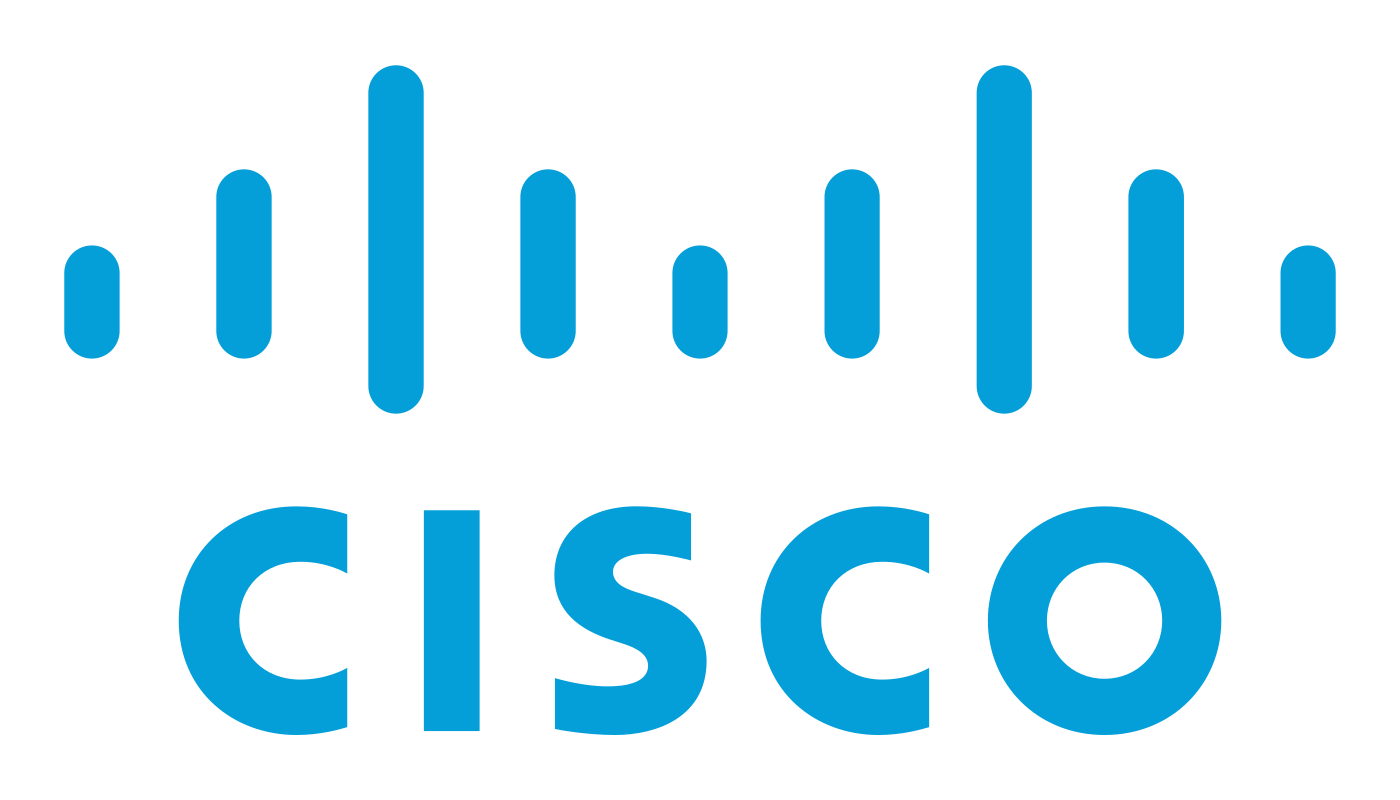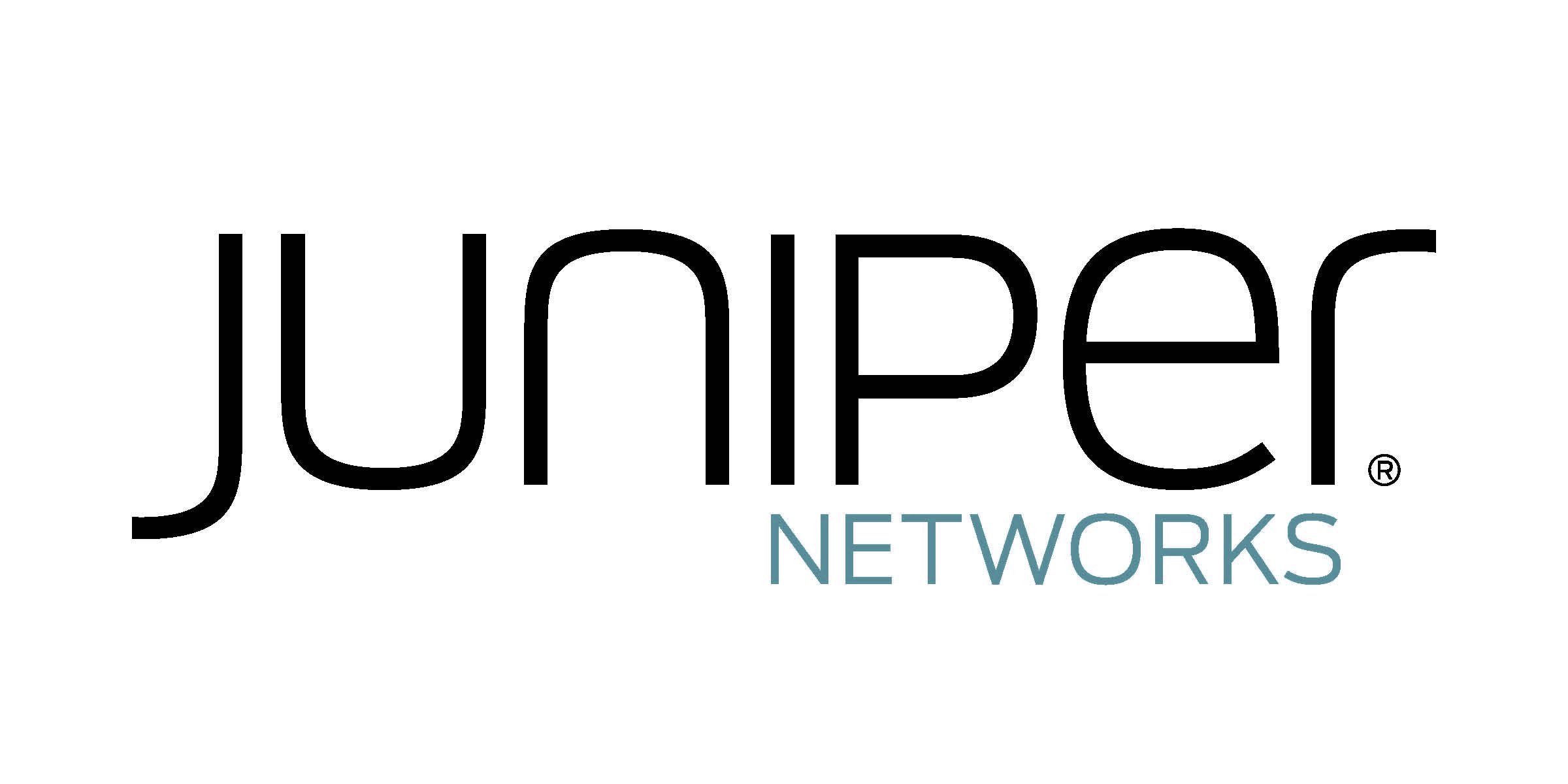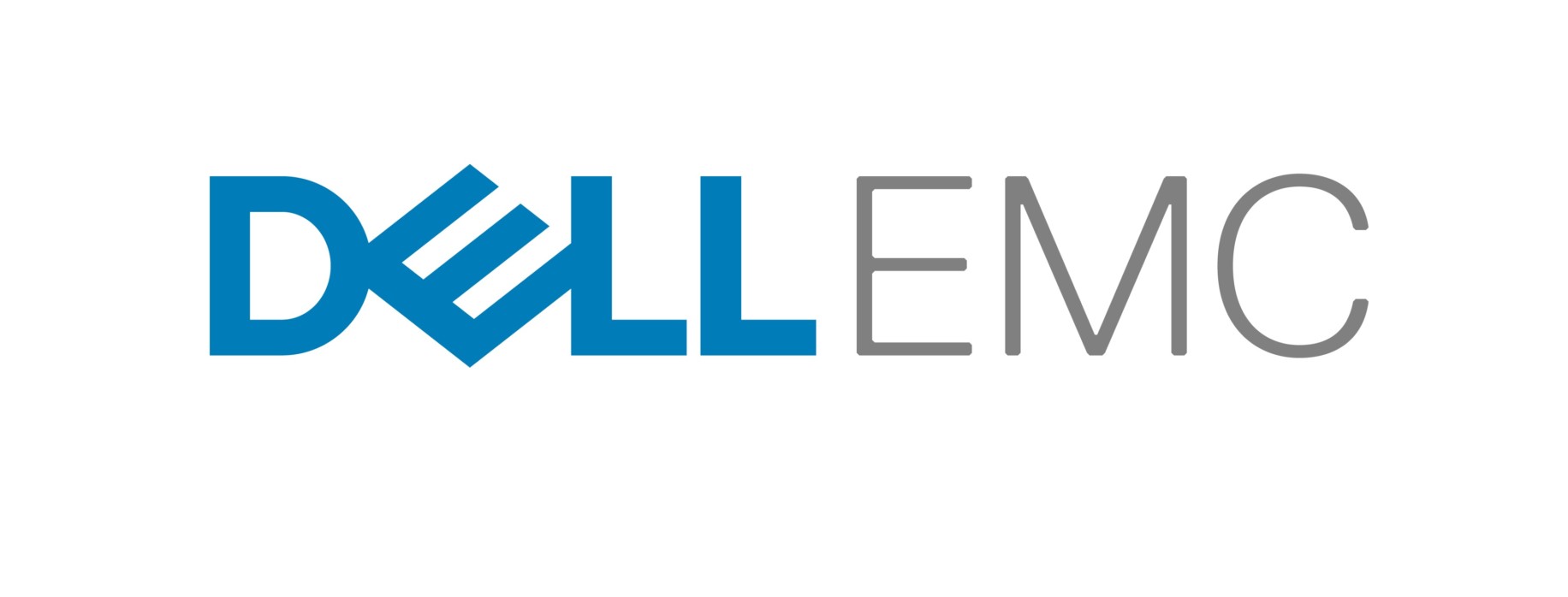Cloud computing solutions
Amazon Web Services, Microsoft Azure and the Google Cloud Platform together dominate the cloud computing market. Whether you’re developing an initial cloud migration strategy or actively migrating to Google Cloud, AWS, or Azure, it’s important to understand what each provider has to offer in terms of storage, computing capabilities, and pricing capabilities.
AWS vs Azure vs Google Cloud: Storage Services
| Storage Service | AWS | Azure | Google Cloud Platform | Strength |
| Object Storage | Amazon S3 | Azure Blob Storage | Google Cloud Storage | AWS: broad industry compatibility and “12 nines” durability Azure: REST, Powershell and CLI access GCP: unified API and instant access from any storage class |
| Persistent Disk Storage | Amazon EBS | Azure Managed Disks (HDD/SSD) | Persistent Disk (HDD/SSD) | AWS: customizable volume types that can be swapped with no downtime
Azure: high performance, up to 2GB/second, 1.6m IOPS GCP: lowest price/performance ratio |
| File Storage | Amazon EFS | Azure Files | Google Cloud Storage | AWS: performance up to 10 GB/sec and 500,000 IOPS
Azure: strong hybrid cloud support GCP: fully managed and tightly integrated with Kubernetes for easy data sharing |
| Cold Storage | Amazon Glacier | Azure Long-Term Storage | Nearline & Coldline | AWS: high durability with focus on regulatory compliance
Azure: automatic encryption and flexible latency options GCP: sub-second access latency and direct data query capabilities |
| Data Transfer | Amazon Snowball | Azure Import/Export Service | Storage Transfer Service | AWS: on-premise to cloud transfer via appliance with easy to use transfer client
Azure: on-premise to cloud transfer via appliance with built-in encryption and data integrity features GCP: allows scheduled data transfer from any online source |
We have experienced all benefits
◂ Services










